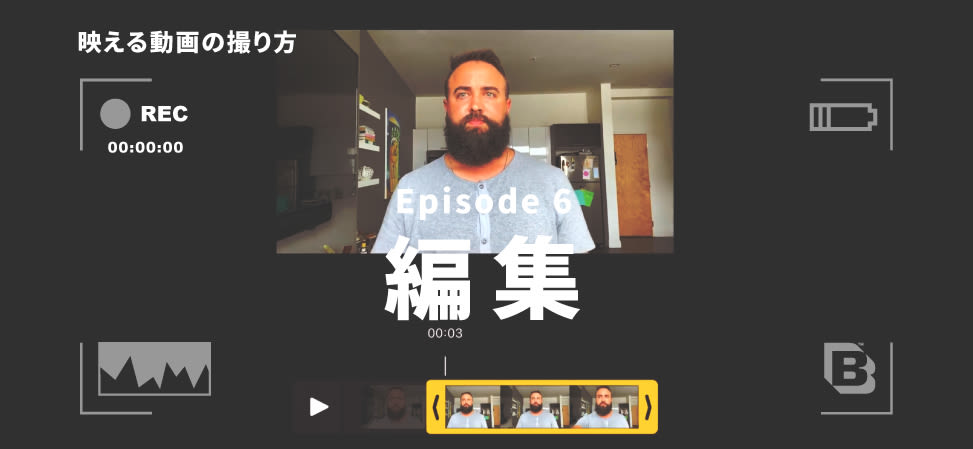Predicting hit shows has become a science driven by data. Netflix famously uses subscriber insights to decide what to create next. Hulu reportedly looks at piracy figures to work out what shows have a passionate fan base. And it’s not just major players. Niche services are also doubling down on data to get the most out of their investment in content.
When you think about the complex role of content for a video streaming service, this should come as no surprise. Content needs to simultaneously inspire new customers to join, delight existing subscribers, and prevent users from switching. It’s a tall order, especially given the amount of content consumers have access to; global content spend hit $220 billion in 2020 in a bid to attract and retain subscriber attention.
Using data to work out the impact of content and its effectiveness towards these goals is essential for enhancing licensing efforts and platform performance.
But where should you start?
STEP 1: MEASURE THE VALUE OF CONTENT
Valuing content is complex. It’s not just the licensing or production cost stacked up against how many eyeballs it attracts. There’s also perceived value, like the direct and indirect contribution of each content asset on the service.
For example, a newly licensed asset might not encourage many subscribers to sign up. But for a percentage of your user base, it might be what makes them stick around for another month. For others, an original TV series could be what pulls them deeper into your ecosystem during their all-important trial period, resulting in another paid-up subscriber.
Each asset has a unique impact on your streaming service, the value of which is hidden in your platform data. To factor this in when licensing or creating new content, you’ll want to look at the following:
- The engagement of previous titles in the same wheelhouse.
- The value contribution of similar content (time spent on platform, etc.).
- The impact of similar content on user acquisition and retention.
Delving into the platform engagement and audience data for your service to answer these questions will help you better plan for future content acquisition. With the help of an audience insights platform, you can also work out what assets are most effective at meeting the needs of your audience and how the value of those assets changes over time.
STEP 2: UNCOVER DEEPER INSIGHTS
Advanced audience insights platforms, like Brightcove Audience Insights, provide the actionable intelligence you need to make decisions about content effectiveness and how that impacts future investment.
Service Rating, one of our audience insights, is a calculation of the percentage of subscribers and trialists who watch a new asset in a 30-day window. The Net Service Rating, another insight, goes a step further by measuring the percent of subscribers and trialists who watched more than three-quarters of the title, series, or event to reveal how valuable that content is relative to its audience size and engagement rate.
With the right metrics, you can work out where an engagement problem presents itself. For example, a TV series you’ve licensed may hold audience attention for the first few episodes, but interest drops off around episode six or seven. That kind of insight can help you determine if you should renew for another series or not.
Deeper insights from metrics like Net Service Rating give you a data-driven way to measure if your licensing efforts are in line with the needs of your users. They can be used for any connected content series, whether that’s a TV show, movie franchise, or sports tournament.
STEP 3: CREATE A FEEDBACK LOOP
Blending deeper insights with engagement data helps to more accurately predict the type of content that will resonate with your subscribers and reveals the issues that lead to a drop in engagement. Adjusting your promotion efforts based on these insights will help you in the quest to get the right content in front of the right subscriber at the right time.
But those aren’t the only benefits of how Service Rating and Net Service Rating can be used to bring marketing and licensing closer together. These insights also create a feedback loop of content performance, which can track the value of your investment in new content over time in two ways:
- Identifying high ROI assets: Highly-engaging content with low licensing costs.
- Tracking poor performers: Content that costs a lot to buy or license but doesn’t have much impact on subscriber retention or conversion.
These insights benefit content discovery too. The constant addition of new assets – although essential – won’t have the right impact on your service if discovery isn’t handled correctly. Keeping tabs on Net Service Rating, for example, makes it easier to know what assets to promote. You can work out what content viewers are gravitating towards, what they want to see more of, and whether continued investment in your leading IP is valuable.
MAXIMIZE CONTENT EFFECTIVENESS
With platforms like Brightcove Audience Insights, you can look at the correlation between assets and identify whether trial users are more likely to convert if they watch certain assets during their trial window. You can even see the strength of the relationship between different types of content in general.
By tracking content effectiveness in this way, content promotion will become more effective. Subscriber retention and re-engagement strategies will become more efficient too, through optimizing your upcoming content pipeline. With the right data-driven insight, you’ll be able to better meet the needs of different subscriber groups, while also making your investment in licensing or producing new content pay dividends.








